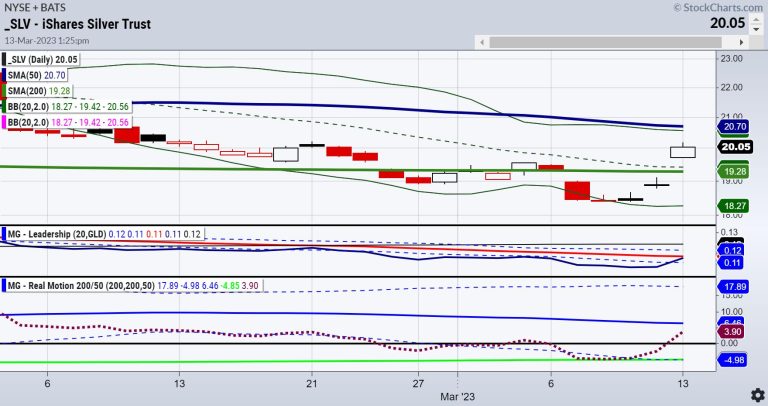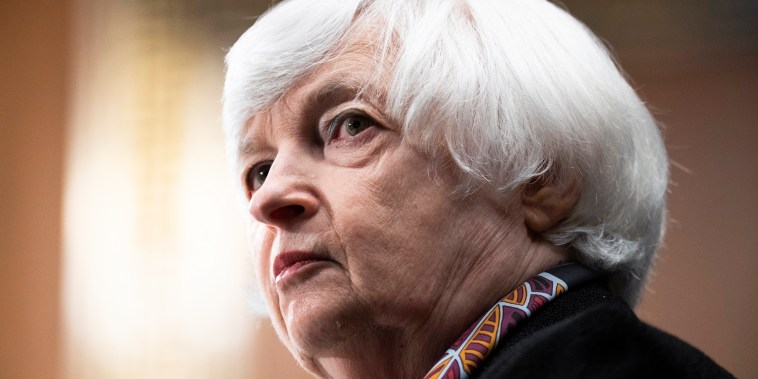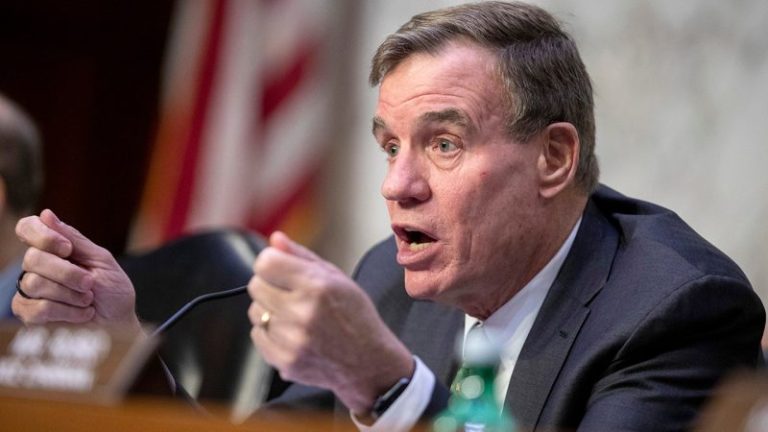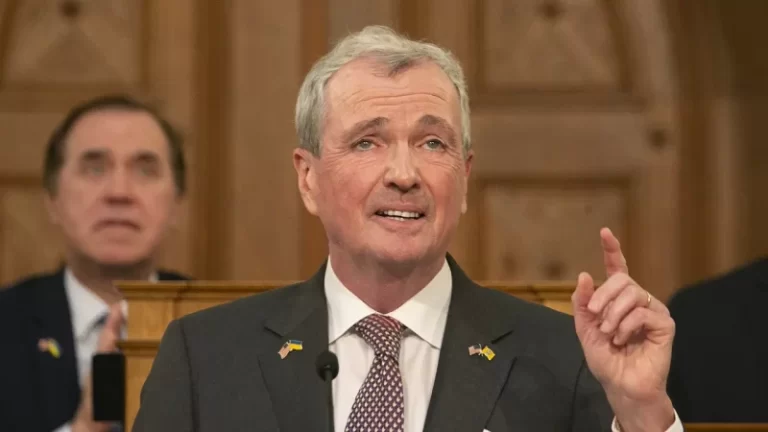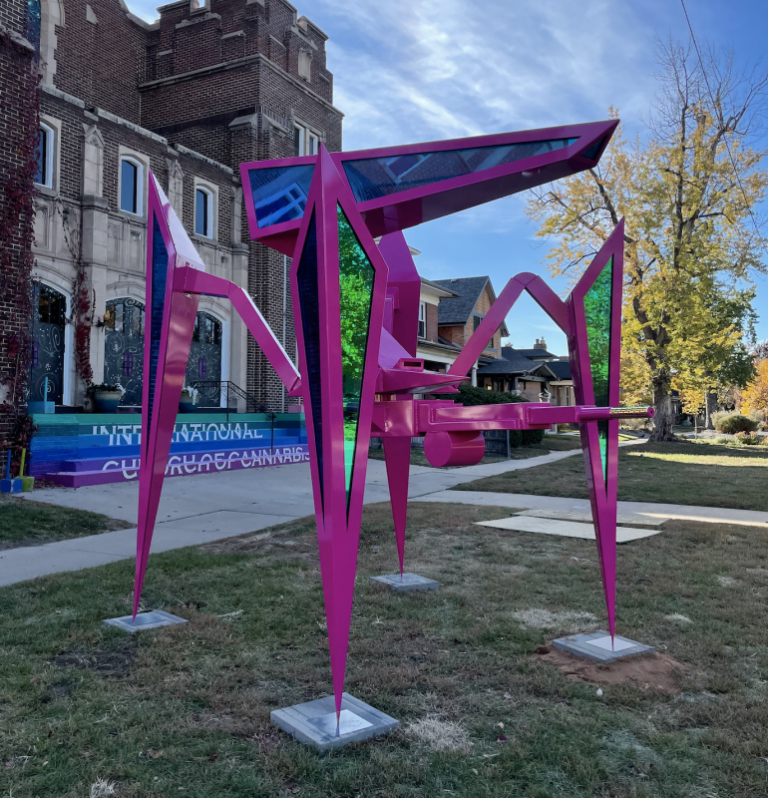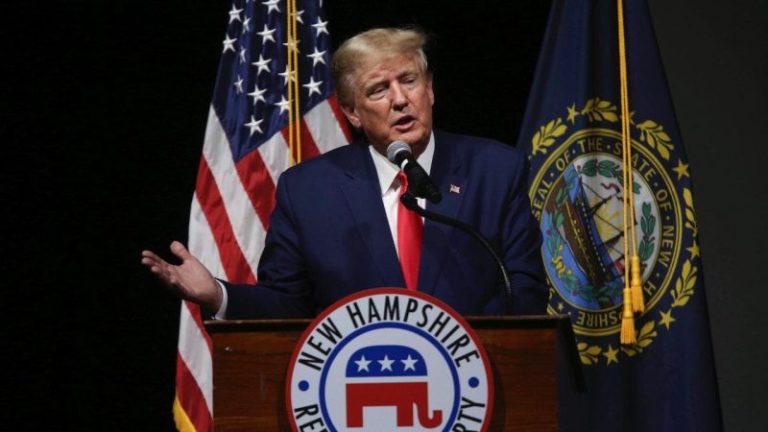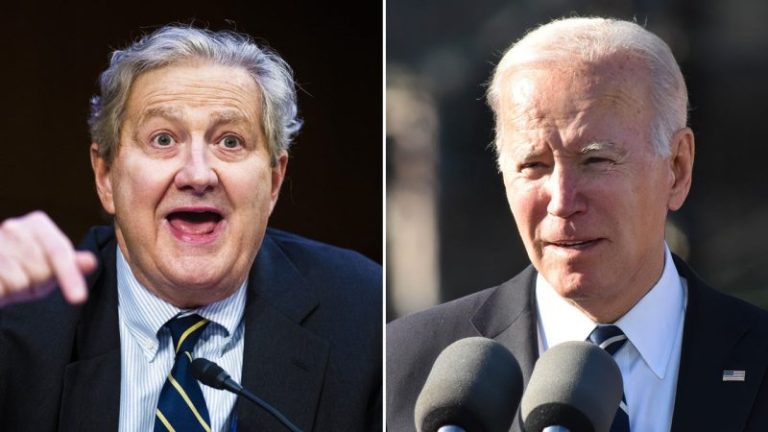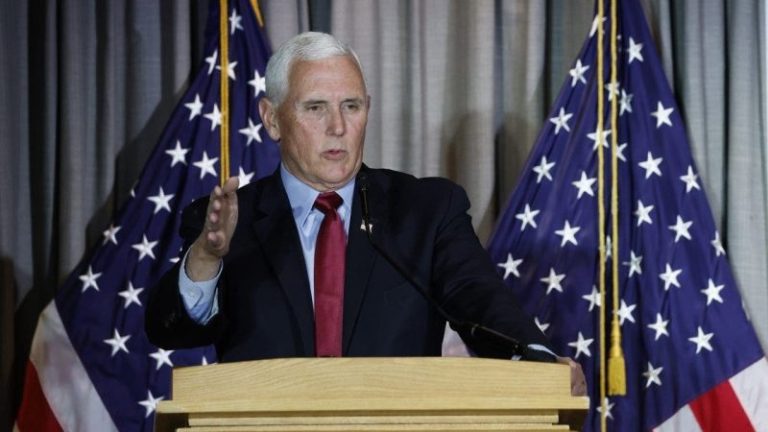Given the recent liquidity crisis in the banking sector, Tuesday morning’s CPI number could be an important driver in the Federal Reserve’s next move on March 22nd.
As per the report, How to Grow Your Wealth in 2023, “The Federal Reserve is overly optimistic about inflation declining back to 2%.” Also from the Outlook are Three interesting notes:
After inflation crosses 8%, it proceeds to higher levels over 70% of the time.Once inflation is above 8%, reverting to 3% usually takes six to twenty years, with a median of ten years.The lesson we should take from this is not that inflation is destined to move to new highs in the months ahead (after all, nearly 30% of the time, it is, in fact, cresting!), but that we dismiss that possibility at our peril.
Expectations for CPI are for a softer number than last month, or around 6%.
However, what if the number comes in more like 6.5%? The silver to gold ratio is important to watch.
More from the Report:
“For 2023 one word and two expressions keep coming up:
“The gold/silver ratio represents the number of silver ounces it takes to buy a single ounce of gold. Historically speaking, the gold/silver ratio has rested somewhere between fifteen and ten to one, reflecting the average supply of each metal.
“The ratio is most useful at its extremes. When the ratio has topped eighty, it has signaled a time when silver was relatively inexpensive in relation to gold. Silver went on to rally 40%, 300%, and 400% the last three times this happened.”
The price chart of silver (SLV) shows it gapping above the 200-day moving average or green line. The middle or Leadership Triple Play indicator gauges how well SLV is performing relative to gold. Currently, SLV has yet to cross the red line to begin to outperform–it would be a highly inflationary sign if it does. The bottom Real Motion Indicator, show an increasing momentum, yet still below the 50-DMA like the price–no divergence between momentum and price at the moment.
The second chart is a 5-year historical look at the gold to silver ratio. Many analysts believe a move over eighty is bullish for silver. The huge run in 2020 was based on stimulus money and the Reddit crowd focusing on SLV as a meme stock. Subtract that, and you can see that over 90 is bullish for silver. Over 100 and off we go–bullish for the metals of course, and more alarmingly, a flashing signal on rising inflation.
For more detailed trading information about our blended models, tools and trader education courses, contact Rob Quinn, our Chief Strategy Consultant, to learn more.
IT’S NOT TOO LATE! Click here if you’d like a complimentary copy of Mish’s 2023 Market Outlook E-Book in your inbox.
“I grew my money tree and so can you!” – Mish Schneider
Get your copy of Plant Your Money Tree: A Guide to Growing Your Wealth and a special bonus here.
Follow Mish on Twitter @marketminute for stock picks and more. Follow Mish on Instagram (mishschneider) for daily morning videos. To see updated media clips, click here.
Mish in the Media
Mish and Nicole discuss specific stock recommendations and Fed expectations on TD Ameritrade.
Mish joined the March 10 closing bell coverage on Yahoo! Finance, which you can see at this link!
Mish goes through the macro through key sectors and commodities in this appearance on CMC Markets.
Mish joins Mary Ellen McGonagle (of MEM Investment Research) and Erin Swenlin (of DecisionPoint.com) on the March 2023 edition of StockCharts TV’s The Pitch.
Mish talks women in finance for International Women’s Day on Business First AM.
Mish focuses on defense stocks in this appearance on CNBC Asia.
Mish points out a Biotech stock and a Transportation stock to watch if the market settles on Business First AM.
Mish joins Maggie Lake on Real Vision to talk commodities and setups!
Read about Mish’s article about the implications of elevated sugar prices in this article from Kitco!
While the indices remain range bound, Mish shows you several emerging trends on the Wednesday, March 1 edition of StockCharts TV’s Your Daily Five!
Mish joins Business First AM for Stock Picking Time in this video!
See Mish sit down with Amber Kanwar of BNN Bloomberg to discuss the current market conditions and some picks.
Click here to watch Mish and StockCharts.com’s David Keller join Jared Blikre as they discuss trading, advice to new investors, crypto, and AI on Yahoo Finance.
In her latest video for CMC Markets, MarketGauge’s Mish Schneider shares insights on the gold, the S&P 500 and natural gas and what traders can expect as the markets remain mixed.
Coming Up:
March 14th: F.A.C.E. Forex Analytix with Dale Pinkert
March 16th: The Final Bar with Dave Keller, StockCharts TV
And down on the road
March 20th: Madam Trader Podcast with Ashley Kyle Miller
March 22nd: The RoShowPod with Rosanna Prestia
March 24th: Opening Bell with BNN Bloomberg
March 30th: Your Daily Five, StockCharts TV
March 31st: Festival of Learning Real Vision “Portfolio Doctor”
April 24-26: Mish at The Money Show in Las Vegas
May 2-5: StockCharts TV Market Outlook
ETF Summary
S&P 500 (SPY): 390 served us as good resistance, so a level to watch.Russell 2000 (IWM): Landed on an important calendar range; support level at 172.00.Dow (DIA): Not a key bottoming pattern; 310 support 324 resistance.Nasdaq (QQQ): Crossed back above the 50-DMA so 290 important!Regional banks (KRE): Held support and oversold, so let’s watch 50-51.Semiconductors (SMH): 240-tested but not cleared-however still strongest sector.Transportation (IYT): Unconfirmed Distribution Phase, making 223-224 pivotal.Biotechnology (IBB): 126.50 moving average resistance.Retail (XRT): 60 big support and 64 big resistance.
Mish Schneider
MarketGauge.com
Director of Trading Research and Education

